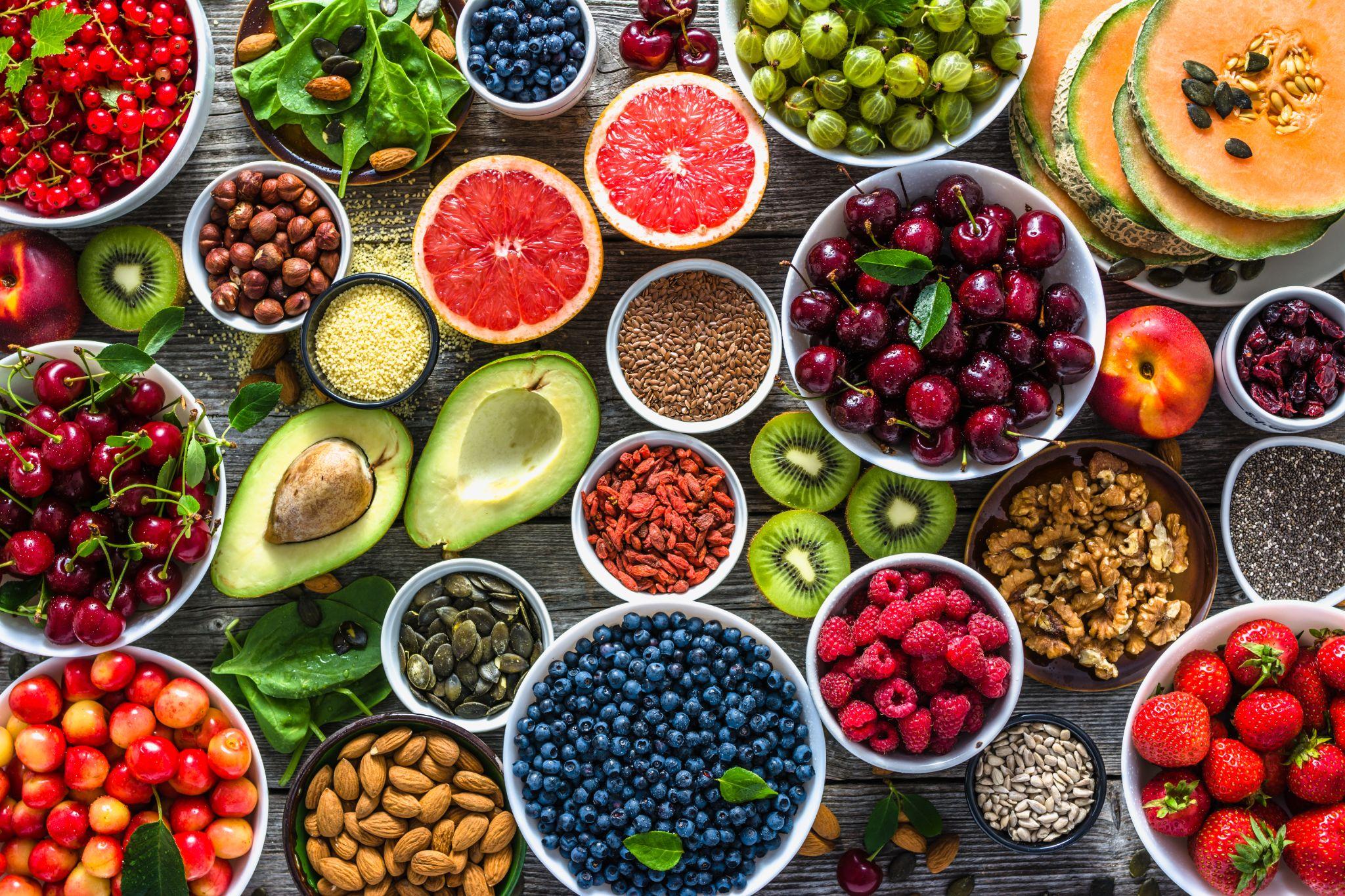Recovery from drug and alcohol addiction is a journey that encompasses much more than simply abstaining from substances. It’s a comprehensive process that involves healing the body, mind, and spirit.
One of the key aspects of this healing process that often gets overlooked is good nutrition. Proper nutrition plays a crucial role in recovery from addiction. It helps repair the body, boosts mental health, and provides the energy needed for the journey towards sobriety.
Below, we will delve into why nutrition is so important in addiction recovery and how it can aid individuals or their loved ones on the path to a healthier life.
The Role of Nutrition in Healing the Body
Substance use disorders can severely impact the body, leading to nutritional deficiencies, weakened immune response, and organ damage. Nutrition can help serve as a foundation for reversing these detrimental effects.
Repairing organ damage. Substance abuse can damage vital organs, including the liver and brain. Nutrients play a pivotal role in organ recovery.
For instance, omega-3 fatty acids, abundant in fish, chia seeds, and walnuts, are essential for brain cell repair, especially in individuals recovering from alcohol addiction. Similarly, antioxidants and amino acids in fruits and vegetables can help liver cells regenerate, helping mitigate the effects of alcohol or drug-induced liver damage.
Boosting the immune system. A compromised immune system is a common consequence of substance abuse. A diet rich in vitamins and minerals is crucial for immunological repair.
Foods high in vitamin C (citrus fruits, bell peppers, and broccoli), vitamin E (nuts, seeds, and spinach), and zinc (meat, shellfish, and legumes) can significantly enhance immune function, helping the body defend against infections more effectively. These vitamins can also help reduce cravings and promote healthy skin and hair growth.
Improving gut health. Addiction can disrupt the gut microbiome, leading to digestive issues and impaired nutrient absorption. A balanced diet with healthy foods rich in prebiotics and probiotics, such as yogurt, kefir, bananas, and garlic, can help restore gut health. This can improve digestion and the absorption of nutrients, crucial for overall health and recovery.
Enhancing Mental Health Through Nutrition
The relationship between nutrition and mental health is profound. Substance abuse and poor nutrition can exacerbate mental health disorders. Conversely, a balanced diet can help improve mental well-being.
Foods rich in tryptophan can have a positive effect on mood. Tryptophan, found in turkey, eggs, and dairy, is a precursor to serotonin, a neurotransmitter that promotes feelings of well-being and happiness. Incorporating these nutrients can help alleviate symptoms of depression and improve mood stability.
Certain nutrients have also been shown to help reduce anxiety. Magnesium (found in leafy greens, nuts, and whole grains) and omega-3 fatty acids can help lower anxiety levels. Additionally, complex carbohydrates like oats and brown rice can increase the production of serotonin in the brain, further helping to reduce anxiety and stress.
Lastly, substance abuse can impair cognitive function, but nutrition can help counteract these effects. Foods rich in antioxidants, such as berries and nuts, help protect the brain from oxidative stress, enhancing cognitive functions. B vitamins, particularly B12 (found in meat, fish, and dairy), are vital for maintaining healthy nerve cell membranes and can help improve memory and thinking.
Energy and Recovery
The path to recovery demands significant physical and mental energy. From therapy sessions and support meetings to the daily activities of rebuilding a life free from substances, the energy required is immense. Nutrition is the key to sustaining this energy level.
To maintain the energy necessary for recovery, it’s important to focus on eating balanced meals that provide steady, long-lasting energy. Complex carbohydrates, found in foods like whole grains, legumes, and vegetables, are essential. Unlike simple sugars, which can lead to energy spikes and crashes, complex carbs provide a slow and steady release of energy, keeping you fueled throughout the day.
Regular physical activity is often a critical component of the recovery process, improving both physical health and mental well-being. Protein plays a vital role in supporting this activity. Adequate protein intake ensures the body can sustain physical exercise, which is vital for enhancing mood and reducing stress. Lean meats, fish, legumes, and dairy products are excellent protein sources.
Recovery also requires mental as well as physical energy. Foods rich in antioxidants and vitamins can help improve cognitive function and mental clarity. Incorporating a variety of fruits, vegetables, nuts, and seeds into your diet can boost focus and concentration, aiding in therapy sessions and personal reflection.
Practical Tips for Incorporating Nutrition Into Recovery
Adopting a nutritious diet during recovery treatment programs might seem daunting, but with the right approach, it’s entirely achievable. Here are some practical tips to help integrate nutrition into the recovery journey:
- Start small and simple. Overhauling your diet overnight can be overwhelming. Begin with small, manageable changes that you can stick with over time. This could be as simple as adding an extra serving of vegetables to your meals or swapping out sugary snacks for healthier options.
- Stay hydrated. Proper hydration is crucial for overall health and can significantly impact energy levels and cognitive function. Drinking enough water throughout the day can also help manage hunger and improve digestion.
- Start meal planning. Planning meals in advance can help ensure you’re eating a balanced diet and avoid the temptation of less healthy options. Preparing meals ahead of time can also save time and reduce stress, making it easier to stick to healthy eating habits.
- Seek support from professionals. Nutrition can be complex, especially when recovering from addiction. Consulting with a registered dietitian or nutritionist who understands the unique needs of those in recovery can provide personalized guidance and support.
- Try mindful eating. Focus on what you eat and how you feel after. Mindful eating can help you recognize which foods boost your energy and mood and which ones don’t, allowing you to make better choices for your body and mind.
- Incorporate variety. Eating a wide range of foods ensures you get all the necessary nutrients your body needs to heal and thrive. Experiment with new foods and recipes to keep your diet interesting and enjoyable.
Learn About Nutrition and Addiction With Lumina Recovery
Embracing nutrition as part of the recovery process is not just about eating healthily—it’s about rebuilding and nourishing the body and mind from the inside out. It’s an act of self-care that reinforces the commitment to a new, healthier lifestyle free from addiction.
A balanced and nutritious diet compliments the therapy options and dual diagnosis programs Lumina Recovery offers as part of the recovery journey.
If you want to learn more for yourself or a loved one, don’t hesitate to contact us today.



